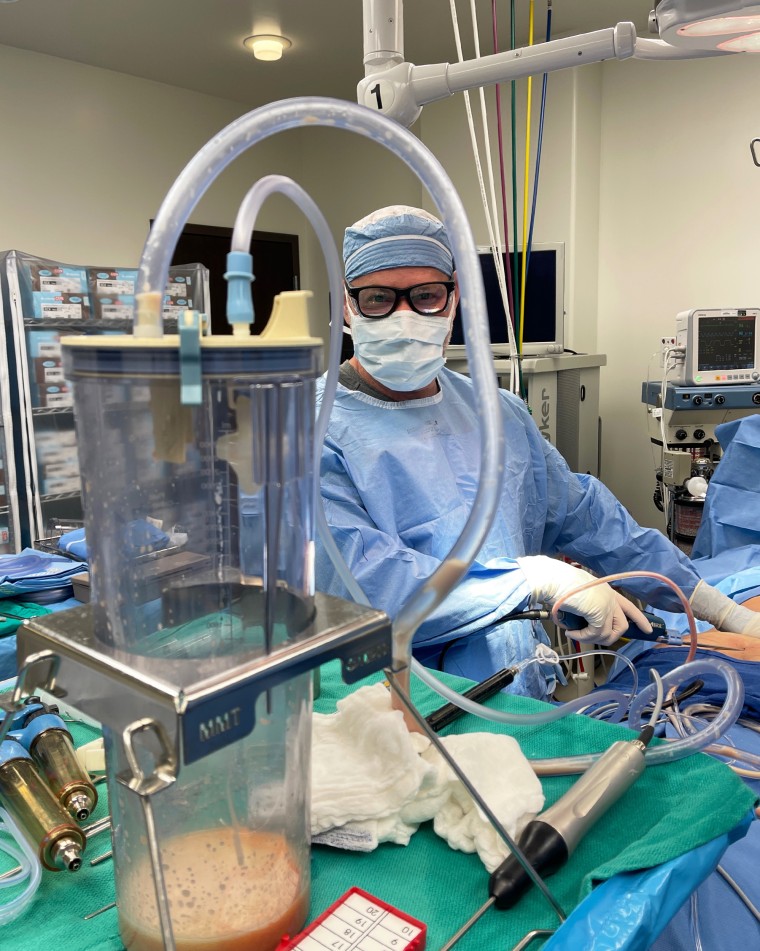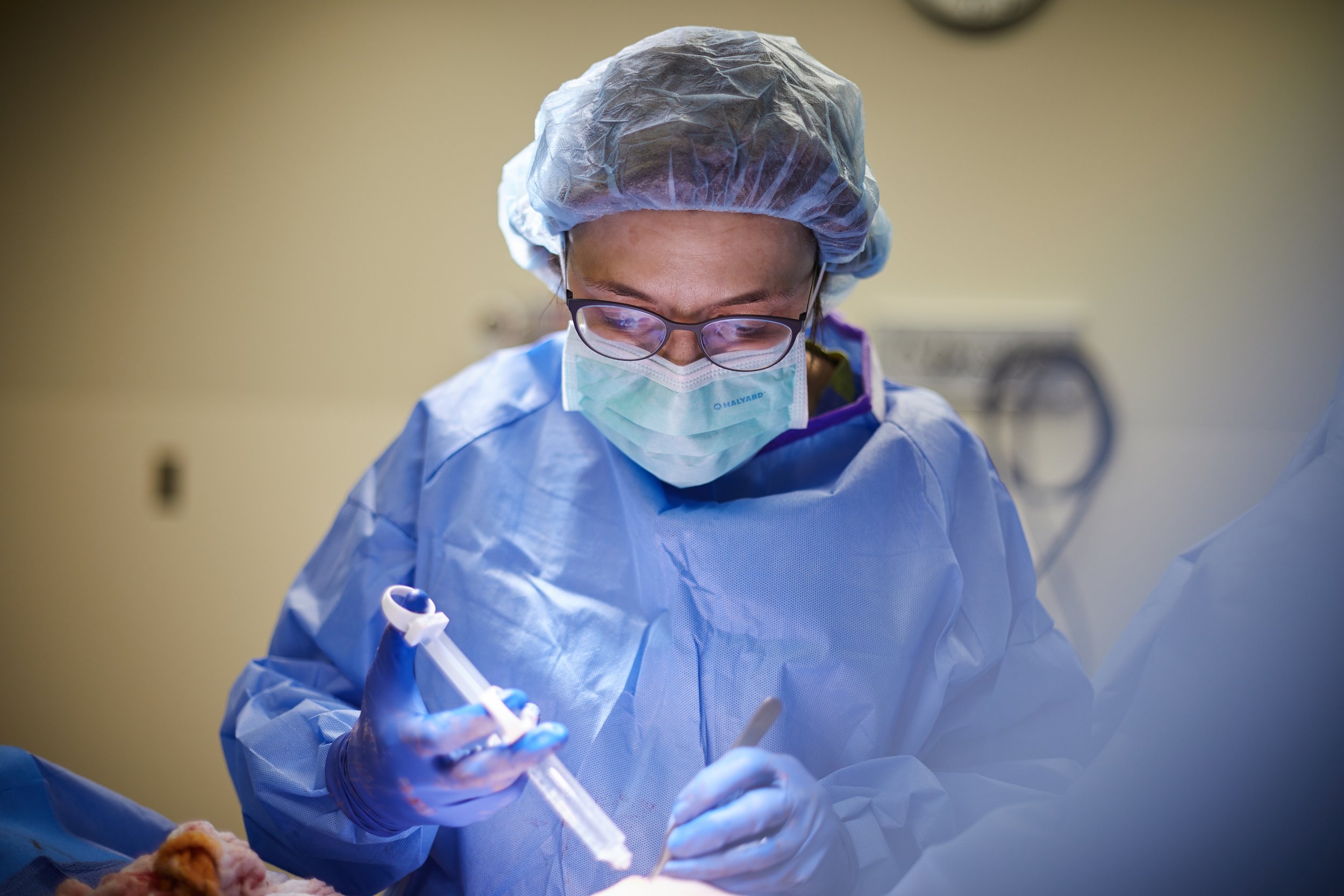Facelift Rancho Cucamonga: Reverse the Clock with Advanced Anti-Aging Solutions
Wiki Article
Investigating the Mental and Social Factors That Drive People to Take Into Consideration Aesthetic Surgery as a way of Enhancement
The decision to go after cosmetic surgery usually expands beyond simple aesthetic appeals, linking with social and mental dynamics that warrant complete examination. Factors such as self-esteem, pervasive social beauty requirements, and the pervasive influence of social media sites assemble to shape private motivations for surgical improvement. As these impacts come to be increasingly noticeable, understanding the underlying psychological and social contexts is important. What stays to be explored is the profound effect these factors have not just on individual identity but also on more comprehensive social standards and values surrounding appeal and acceptance.The Duty of Self-worth
Self-confidence substantially influences an individual's choice to pursue cosmetic surgical treatment. Individuals with reduced self-worth typically regard themselves in an unfavorable light, bring about sensations of inadequacy regarding their physical appearance. This negative self-perception can drive them to look for surgical interventions as a technique of improving their self-image. The desire for renovation in one's look is frequently linked to a belief that such modifications will certainly raise their general self-regard and self-confidence.
Eventually, the duty of self-confidence in the decision-making procedure pertaining to cosmetic surgical treatment highlights the complex interaction in between body image, individual complete satisfaction, and psychological wellness. Understanding this connection is essential for health care specialists to guarantee that individuals are making educated choices rooted in realistic expectations and emotional wellness.
Social Appeal Specifications
Influenced by prevalent media representations and social narratives, social beauty requirements play a critical function in forming people' perceptions of their own bodies. These criteria are usually identified by an idyllic type of charm that stresses characteristics such as slimness, youthfulness, and symmetry. As these suitables are bolstered via numerous networks, including television, advertising and marketing, and movie, people frequently internalize these messages, causing frustration with their natural appearance.The effects of these social norms expand past aesthetic preferences; they can influence self-worth, psychological health, and social partnerships. People who view themselves as falling short of these requirements may experience sensations of insufficiency, prompting a need for cosmetic surgical treatment as a way of achieving societal authorization. This search is often sustained by the belief that adapting these suitables will certainly improve not only physical appearance but additionally social standing and individual fulfillment.

Influence of Social Media
The impact of societal appeal criteria is further amplified by the rise of social networks systems, where curated photos and idealized representations of beauty are common. Users are frequently revealed to filtered and edited photos, which often show unattainable physical attributes. This direct exposure grows a culture of comparison, leading individuals to examine their own appearance against these frequently impractical criteria.
Social media site influencers and celebs regularly promote aesthetic procedures, stabilizing the notion that medical improvements are a viable ways for achieving societal perfects (plastic surgery rancho cucamonga). The exposure of these enhancements can create an understanding that undertaking cosmetic surgical treatment is a standard practice, consequently influencing people to think about comparable interventions as a path to enhanced self-worth and social approval
In addition, the interactive nature of social media sites permits for prompt comments with likes and remarks, even more reinforcing the need get redirected here to satisfy popular beauty standards. Such interactions can exacerbate sensations of inadequacy and drive people towards cosmetic surgical procedure as a way of obtaining validation. Eventually, social networks plays a crucial role in shaping assumptions of beauty, which substantially impacts the decision-making procedures bordering plastic surgery.

Cultural Viewpoints on Appearance
Throughout numerous cultures, perceptions of look are deeply rooted in historical, social, and financial contexts, shaping people' sights on elegance and desirability. In several cultures, appearance functions as a significant pen of identification, influencing social status, specialist opportunities, and individual connections. As an example, in some societies, light skin is often connected with riches and benefit, while others might glorify darker complexion as icons of toughness and authenticity.Additionally, typical elegance criteria are often continued through social narratives, media representations, and household affects, resulting in varying suitables throughout different areas (plastic surgery rancho cucamonga). In Western cultures, the emphasis on youth and physical conditioning commonly drives individuals toward cosmetic improvement, while in certain Eastern societies, even more subtle changes straightened with standard visual appeals may be chosen
Globalization and the proliferation of electronic media have actually better made complex these dynamics, creating a hybridization of beauty ideals that goes beyond geographical borders. As people significantly browse these social narratives, the pressure to adapt certain appearance requirements can lead to the wish for plastic surgery, reflecting an intricate interplay of cultural worths and individual desires. Comprehending these cultural viewpoints is crucial in dealing with the inspirations behind plastic surgery considerations.
Psychological Impacts of Plastic Surgery
Several people looking for cosmetic surgical treatment record experiencing extensive emotional effects that can substantially alter their self-perception and psychological wellness - plastic surgery rancho cucamonga. The need for physical enhancement usually comes from underlying issues such as low self-esteem, body dysmorphic problem, or societal stress relating to elegance standards. For some, the instant post-operative stage can bring about a momentary increase in self-confidence and satisfaction with their appearance, promoting a sense of empowerment
However, these positive feelings might not be enduring. Research shows that while some patients experience boosted self-esteem, others might face intense stress and anxiety or depression if their assumptions are not met. This inconsistency can arise from impractical perfects perpetuated by media representation and cultural narratives bordering elegance.
Additionally, the psychological ramifications of plastic surgery prolong past the individual. Relationships with friends and family may be stressed as social dynamics shift, causing feelings of isolation or alienation. Inevitably, the emotional impacts of plastic surgery are complex and complex, requiring cautious factor right here to consider by both potential patients and health care carriers to ensure enlightened decision-making and practical assumptions.
Final Thought
To conclude, the decision to go after cosmetic surgery is dramatically influenced by a combination of self-confidence issues, social elegance requirements, and cultural perspectives on appearance. The prevalent reach of social media additionally worsens these stress, advertising unrealistic ideals that people commonly strive to attain. Understanding these social and learn this here now mental elements is crucial for attending to the inspirations behind plastic surgery, highlighting the demand for a much more nuanced conversation bordering charm and self-acceptance in modern culture.The choice to pursue cosmetic surgical treatment usually expands beyond mere aesthetic appeals, linking with social and emotional characteristics that warrant detailed exam. Eventually, social media plays a pivotal role in forming assumptions of elegance, which significantly impacts the decision-making processes bordering cosmetic surgery.
As individuals increasingly navigate these cultural stories, the stress to adjust to certain appearance requirements can lead to the need for cosmetic surgery, mirroring an intricate interaction of cultural worths and individual ambitions.In final thought, the decision to go after cosmetic surgery is significantly affected by a mix of self-confidence problems, social charm requirements, and social viewpoints on appearance. Understanding these psychological and social factors is vital for resolving the motivations behind cosmetic surgical treatment, highlighting the demand for a much more nuanced discussion surrounding beauty and self-acceptance in contemporary society.
Report this wiki page